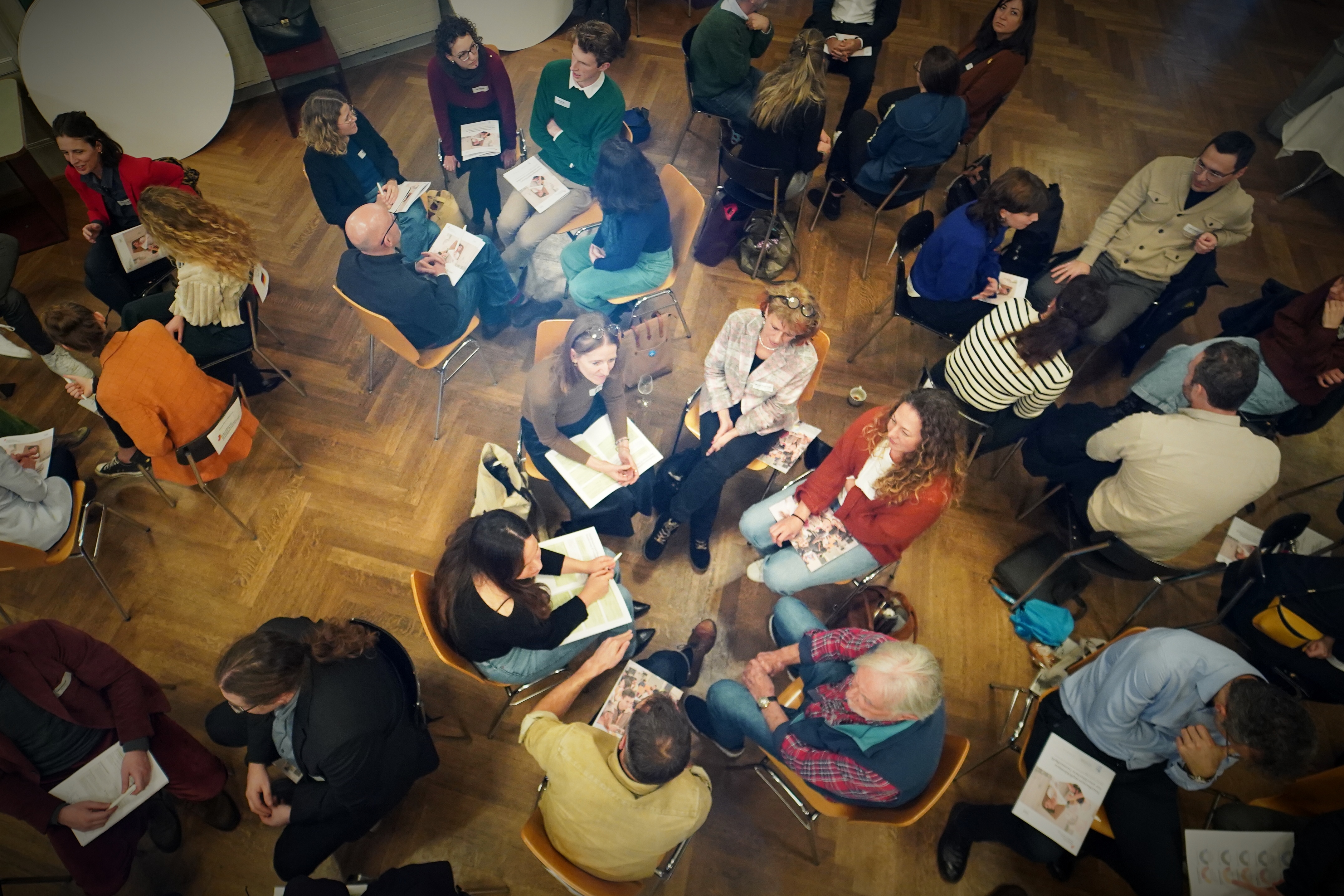Our study explores to what extent people are willing to engage with those who think differently, make political compromises, and accept even disliked parties as a legitimate part of democracy.
37.7% of voters believe it would be better—or rather better—for Switzerland if the party they find most unsympathetic were excluded from the political process—no longer allowed to participate in elections or referenda. In addition, 35.1% support excluding this party from public discourse, such as debates or media appearances. Support for such exclusions is particularly common among people who feel socially disadvantaged, are strongly affectively polarized, or consider dialogue with opposing views to be of little value.
76% of the population consider exchange with people of different political views to be valuable. Whether someone appreciates such dialogue depends heavily on their trust in others, interest in politics, and how important and meaningful they find it to live in a democracy and participate in elections. Affective polarization has the opposite effect: those who strongly favor their own political camp and strongly reject others are much less likely to perceive dialogue with opposing views as enriching.
Willingness to compromise is encouraged by trust in government and media, satisfaction with democracy, voluntary engagement, and appreciation for dialogue with differing views. People with strong affective polarization and/or a preference for the SVP tend to show less willingness to make political compromises.
The extent to which someone is emotionally polarized has a clearly negative impact on democracy: affective polarization reduces willingness to compromise, increases readiness to exclude the least-liked party from discourse and elections, and lowers the likelihood of valuing exchange with opposing views.







.png)
.png)


